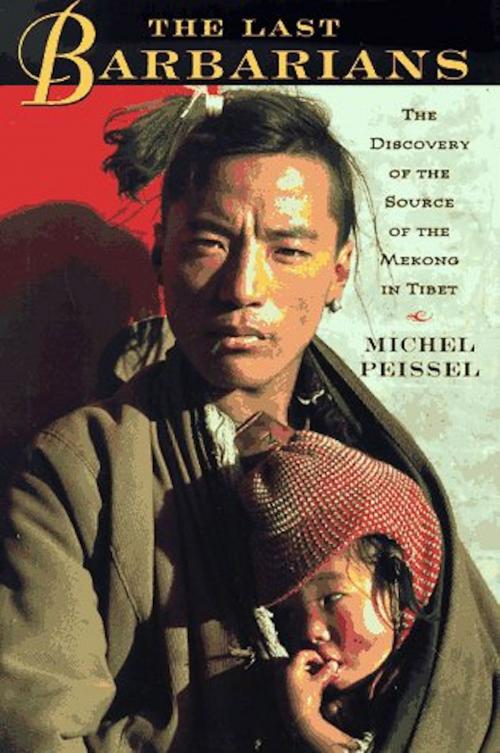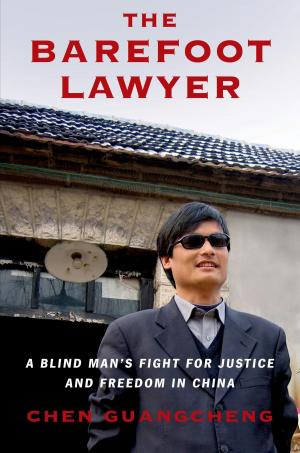The Last Barbarians
The Discovery Of The Source Of The Mekong In Tibet
Nonfiction, Travel, Asia, Central, History, Asian, Adventure & Literary Travel| Author: | Michel Peissel | ISBN: | 9781627795685 |
| Publisher: | Henry Holt and Co. | Publication: | April 21, 2015 |
| Imprint: | Henry Holt and Co. | Language: | English |
| Author: | Michel Peissel |
| ISBN: | 9781627795685 |
| Publisher: | Henry Holt and Co. |
| Publication: | April 21, 2015 |
| Imprint: | Henry Holt and Co. |
| Language: | English |
More than thirty years ago, Michael Peisel's classic, Mustang: A Lost Tibetan Kingdom, introduced the world to a region more isolated than the deepest Amazon. Against the odds--and in the tradition of the nineteenth-century explorers of whom he is a direct descendant--Peissel has combed Tibet for forty years and has come to know one of the last nomadic peoples on earth to live with what he calls a "Stone Age memory."
In 1994, seizing the rarest of opportunities to journey deep into occupied Tibet, he accomplished what scores of Western explorers had tried and failed to do for more than a hundred years: He found the source of the Mekong River in the ice-strewn fields on the "roof of the world."
This immensely readable account tells how a small group of modern adventurers made history not once, but twice, in the course of a single year: by accurately charting the origins of one of Asia's most majestic and storied waterways and by finding a living fossil, the Riwoche horse, a species unknown to contemporary zoology that may prove to be a missing link in equine evolution.
The book's stage is forbidden Tibet--with its tragic politics, its natural wonder, and its fiercely independent nomadic tubes, who are known to the chinese as "the last barbarians."
More than thirty years ago, Michael Peisel's classic, Mustang: A Lost Tibetan Kingdom, introduced the world to a region more isolated than the deepest Amazon. Against the odds--and in the tradition of the nineteenth-century explorers of whom he is a direct descendant--Peissel has combed Tibet for forty years and has come to know one of the last nomadic peoples on earth to live with what he calls a "Stone Age memory."
In 1994, seizing the rarest of opportunities to journey deep into occupied Tibet, he accomplished what scores of Western explorers had tried and failed to do for more than a hundred years: He found the source of the Mekong River in the ice-strewn fields on the "roof of the world."
This immensely readable account tells how a small group of modern adventurers made history not once, but twice, in the course of a single year: by accurately charting the origins of one of Asia's most majestic and storied waterways and by finding a living fossil, the Riwoche horse, a species unknown to contemporary zoology that may prove to be a missing link in equine evolution.
The book's stage is forbidden Tibet--with its tragic politics, its natural wonder, and its fiercely independent nomadic tubes, who are known to the chinese as "the last barbarians."















